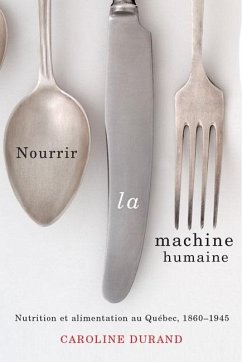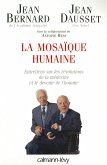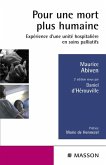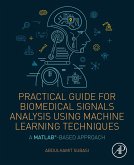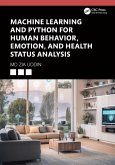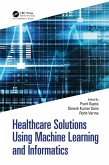Nutrition advice is ubiquitous. So many experts give their opinion on which foods to favour and which to avoid that the question of diet has now become a matter of obsession. While alerting the public to the dangers of obesity, diabetes, and other potential issues that await undisciplined eaters, health professionals and government agencies also identify those responsible for these modern epidemics: it is often individuals - and usually mothers - who make poor choices. In Nourrir la machine humaine, Caroline Durand traces the origins of this rhetoric and shows how nutrition has contributed to the modernization of Quebec in a period marked by industrialization, urbanization, two world wars, and a major economic crash. She analyzes the writings, and images disseminated by physicians, nurses, nutritionists, nuns, teachers, and civil servants and shows how the rational diet they promulgated made women, children, farmers, and workers responsible for their own health while enjoining them to view their body as a machine of production in service to the state and the market. She also discusses the evolution of Quebec dietary habits and reveals that, despite the nutritional directives in place, the population maintained its preferences and mostly adopted the foods that it judged affordable and desirable. Nourrir la machine humaine questions the pertinence of nutritional advice within Quebec society and proposes explanations of its ideological and scientific roots, its effectiveness, and the resistance it engenders.
Dieser Download kann aus rechtlichen Gründen nur mit Rechnungsadresse in A, B, BG, CY, CZ, D, DK, EW, E, FIN, F, GR, HR, H, IRL, I, LT, L, LR, M, NL, PL, P, R, S, SLO, SK ausgeliefert werden.

